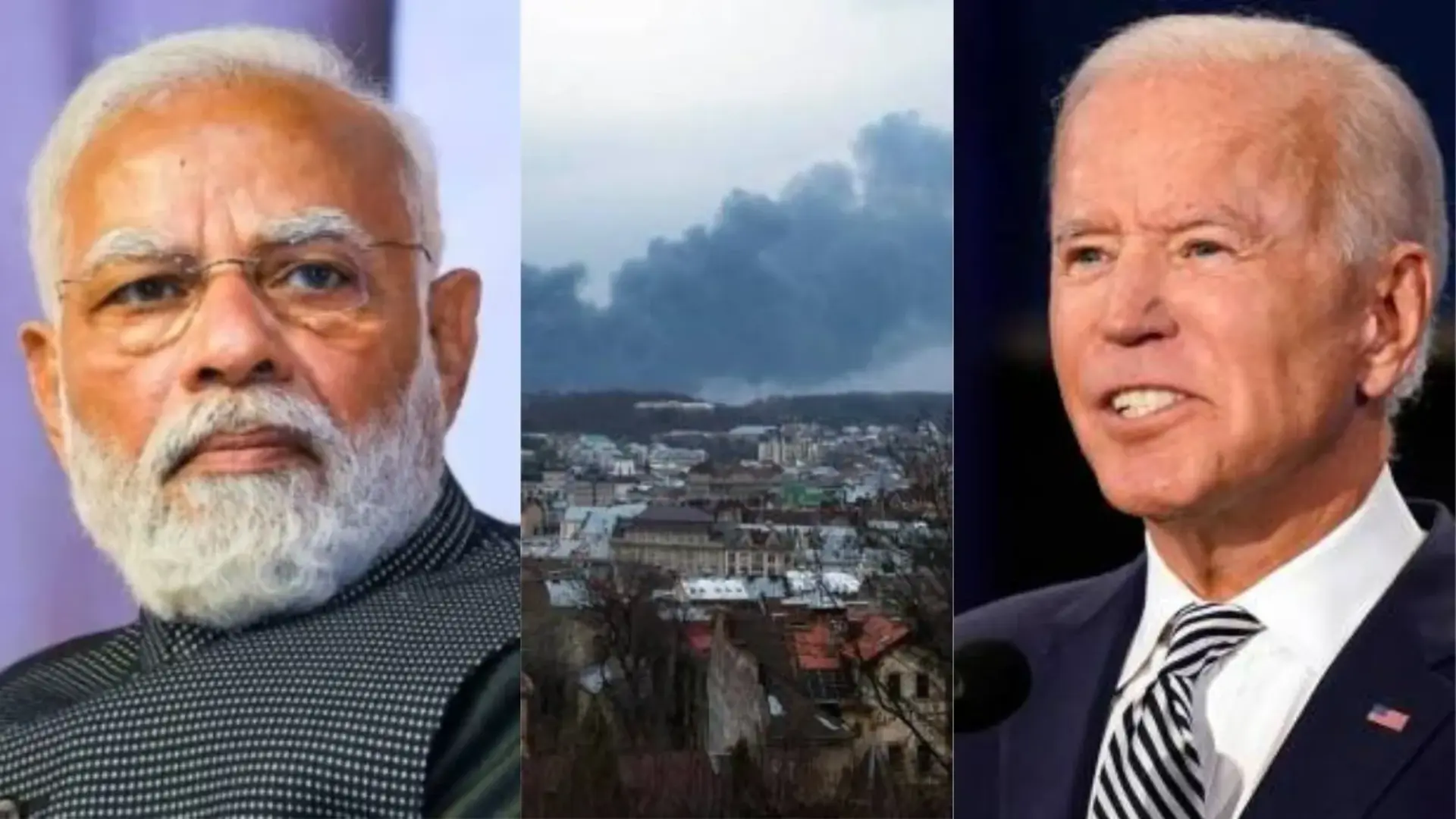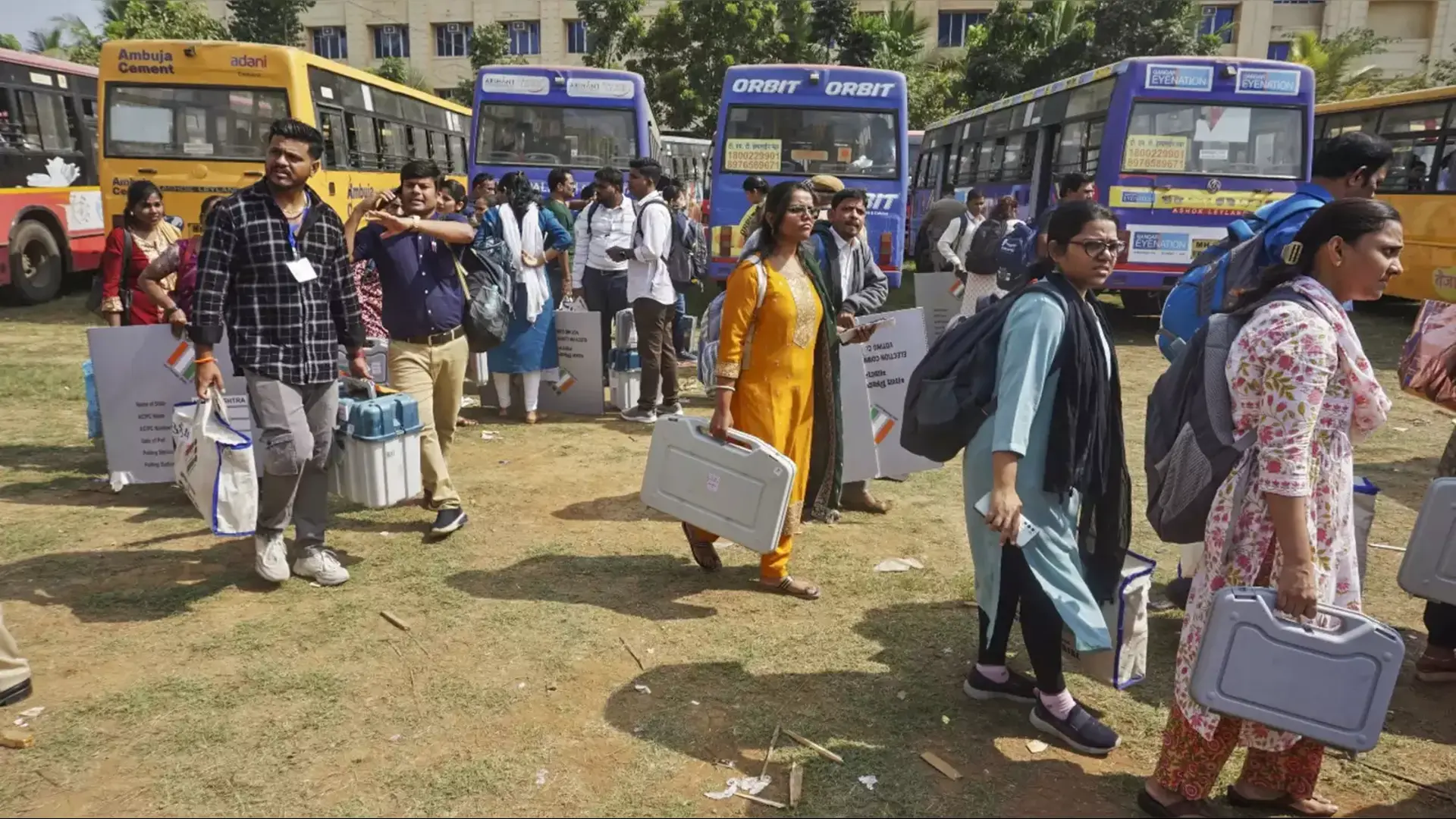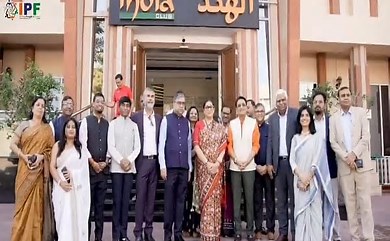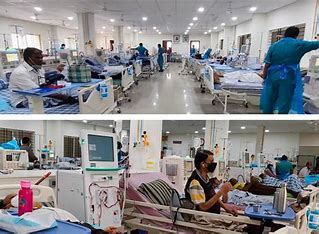
The Supreme Court in the case Usha Chakraborty vs State of West Bengal observed and issued a notice in a Special Leave Petition filled, raising an issue whether in a dispute essentially in a dispute of civil nature that can a person, after having failed to get the desired relief from a civil suit, invoke Section 156(3) of the Code of Criminal Procedure?
In the present case, an FIR was registered against the accused under Sections 323, Section 384, Section 406, Section 423, Section 467, Section 468, Section 420 and Section 120B of the Indian Penal Code, 1860 following an order passed by the Magistrate under Section 156(3) CrPC.
It was observed that before the Calcutta High Court, it was contended by the accused that the allegations made in the application under Section 156(3) CrPC fails to make out any offence against them. Further, it was submitted that a frustrated unsuccessful litigant before the Civil Court has approached the Criminal Court and the Criminal Investigation, which has commenced, is for the purposes of throttling them. The petition was dismissed by the High Court observing that the materials which have already been collected by the Investigating Agency, prima facie, make out a case for investigation. The issue raised before the court was weather the same would make out an offence after the investigation is concluded is absolutely at the end of the investigation to be analysed.
Therefore, challenging this order, one of the accused approached the Apex Court. However, It was submitted that the dispute is essentially of civil nature, for which the applicant in Section 156(3) CrPC petition filed a civil suit but having failed to get the desired relief, he invoked Section 156(3) CrPC.
The bench comprising of Justice Surya Kant and the Justice JB Pardiwala, while issuing notice also stayed further proceedings in FIR lodged against the accused.















